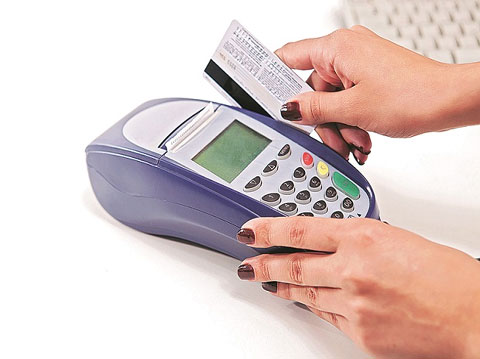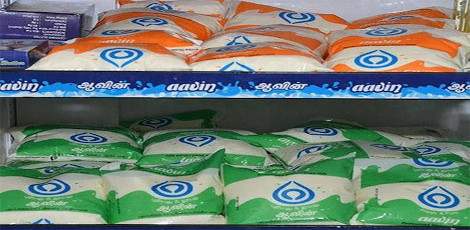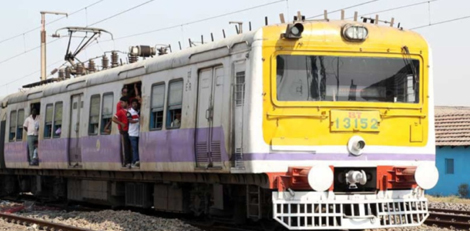Advantages and disadvantages of a cashless economy
Posted on: 20/Dec/2016 12:49:52 PM

With the economy going cashless, many are left confused. Here is a list if advantages that may help you understand the situation better.
You will no longer need to carry wads of cash, plastic cards, or even queue up for ATM withdrawals. It`s also a safer and easier spending option when you are travelling. An industry consultant says, The benefits are enormous if you leave out the low-income group, which will face a huge challenge. For the rest of the country, it is constructive and simple. It will be especially useful in case of emergencies, say, in hospitals. Another expert says, You have the freedom to transact whenever and wherever you want. You don`t have to be physically present to conduct a transaction or be forced to do so only during office hours.
The recent waiver of service tax on card transactions up to Rs 2,000 is one of the incentives provided by the government to promote digital transactions. This has been followed by a series of cuts and freebies. It`s a good time to increase your savings if you take advantage of these. Add to these the cashback offers and discounts offered by mobile wallets like Paytm, as well as the reward points and loyalty benefits on existing credit and store cards, and it could help improve your cash flow marginally.
According to experts, If all transactions are on record, it will be very easy for people to keep track of their spending. It will also help while filing income tax returns and, in case of a scrutiny, people will find it easy to explain their spends. Besides the tax, it will have a good impact on budgeting. Various apps and tools will help people analyse their spending patterns and throw up good insights over a couple of years.
If stolen, it is easy to block a credit card or mobile wallet remotely, but it`s impossible to get your cash back. This is especially true while travelling, especially abroad, where loss of cash can cause great inconvenience. Besides, if the futuristic cards evolve to use biometric ID, finger prints, eye scan, etc., it can be extremely difficult to copy, making it a very safe option.
Being cashless makes it easy to ward off borrowers. Another plus is that you can pay the exact amount without worrying about not having change or getting it back from shopkeepers.
Now, let us look at the disadvantages of the cashless economy.
Say experts, The biggest fear is the risk of identity theft. Since we are culturally not attuned to digital transactions, even well-educated people run the risk of falling into phishing traps. Another weak link is the inadequate redressal mechanism. With the poor redressal system in India, imagine what a poor rickshaw puller will do if he has his Aadhaar ID stolen? Given the tedious process and poor grievance redressal, people will have no easy recourse if they lose money online.
Since you will be dependent on your phone for all your transactions on the move, losing it can prove to be a double whammy. It can not only make you susceptible to identity theft, but you could also be rendered helpless in the absence of physical cash or any other payment option. Another drawback is that you need to keep your phone constantly charged. If the phone dies on you, you will be stranded, particularly if you are in the middle of an impoportant purchase or an emergency.
India has a low Internet penetration of 34.8%(2016), according to the Internet Live Stats, and only 26.3% of all mobile phone users have a smartphone (2015), as per statistic figures. Besides the practical difficulty of going digital, a bigger block is the psychological shift. You are suddenly jumping three generations to the digital medium. It`s a problem for older people, who may find themselves locked out of their accounts if they can`t download an app or don`t have cash.
While there is no denying the convenience of card or e-wallets, it could open a spending trap. According to behavioural finance theorists, the pain of parting with money is felt more acutely if you use physical cash. Hence, using cash instead of cards or mobile wallet acts as a natural bulwark for people who find it difficult to control spending.







